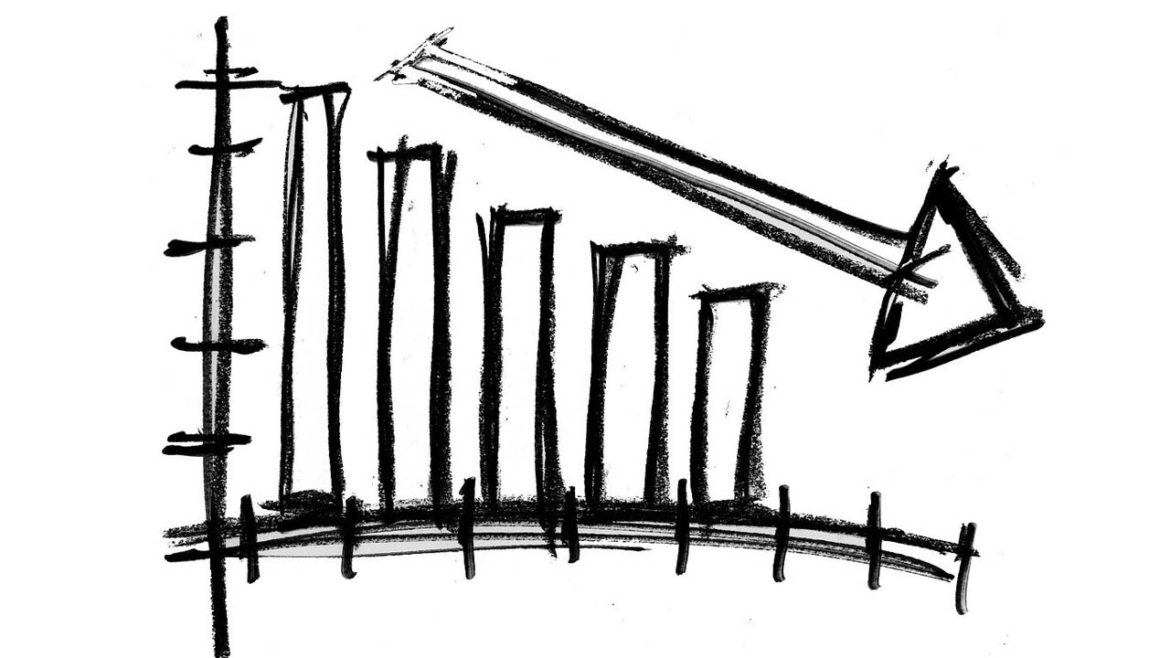Gold has all the potential to go unprecedentedly high. But silver will be gold on
Site:
Precious metals news
...liquidity has been slowly draining from various markets to the point where the Federal Reserve this month warned that it threatens financial stability. Investors who ignore this warning do so at their own peril.
May 24, 2022 - 06:06:51 PDT
Ray Dalio, argued on Tuesday that the stock market is set to face another sell-off, insisting that "cash is trash.” Commenting about the ongoing economic situation in the United States in an interview with CNBC at the World Economic Forum in Davos, Dalio said that this market period reminds him of the 1970s.
Cryptocurrencies will pose a risk to financial stability if the emerging sector maintains its rapid growth of the last two years and financial firms deepen their involvement, the European Central Bank (ECB) said on Tuesday.
Western sanctions on Russia over its invasion of Ukraine have renewed debate in China about overhauling the exchange rate regime and loosening dependence on the US dollar.
The greenback, in terms of the US Dollar Index (DXY), adds to the pessimistic start of the week and drops to new lows in the sub-103.00 region on Tuesday.
“A lot of this is just man-made currency strength,” Brendan McKenna, currency strategist at Wells Fargo Securities told Bloomberg. “If all these policy measures weren’t in place it would probably be at the 180 level based on the evolution of the conflict.”
The Federal Reserve is considering whether to launch a CBDC like other nations, and bankers argue that’s a dangerous idea.
The amount of money parked at a major Federal Reserve facility climbed to yet another all-time high, surpassing the $2 trillion milestone for the first time, as investors struggled to find places to invest their cash in the short term.
A spike in prices for everything from toothpaste to gas is taking a toll on consumer spending, while driving companies such as Walmart Inc and Target Corp to report their worst earnings miss in at least five years. Best Buy's comparable sales fell 8% in the first quarter ended April 30, but beat analysts’...
The world’s political and economic elites have descended once more on Davos, Switzerland, for the World Economic Forum (WEF), after a two-year hiatus due to the pandemic. This year’s round of talks, which run from May 22 to 26, will deal with, among other topics, the Russian invasion of Ukraine, food shortages, climate change and inflation.
U.S. equity futures stumbled in early trading Tuesday, placing the S&P 500 back on track toward a bear market after stocks rallied in the previous trading session to end higher.
The Federal Reserve has talked a lot about fighting inflation. But what has it actually done?In practice, not a lot. It has nudged interest rates up 75 basis points. And while the Fed has ended the massive quantitative easing program that it ran during the pandemic, it pushed balance sheet reduction back from May until June. In fact, the balance sheet has crept upward throughout the entire month of May.
Federal Reserve Chairman Jerome Powell insists the central bank can fight inflation because the economy is strong. President Joe Biden keeps telling us the economy is strong. The talking heads on CNBC insist the underlying economy is strong. In a recent podcast, Peter Schiff talked about the economy. As it turns out, it's not so strong.
The top 4 Gold Miners' cost of production reached a new high in the first quarter of 2022 due to skyrocketing energy and material prices. You have to watch this update if you want to know my Total Estimated Breakeven for these top 4 gold miners. I also discuss the coming peak in global gold production that will begin to occur as the world heads over the ENERGY CLIFF...
Gold futures edged higher Monday, booking a third session in a row of gains for the precious metal, as a soaring dollar pulled back from recent highs. Gold for June delivery GCM22, +0.56% GC00, +0.56% added $5.70, or 0.3%, to settle at $1,847.80 an ounce on Comex, after Friday snapping four straight weeks in a row of declines.
Vince Lanci, founder of Echo Bay Partners and a market maker on the floor of the NYMEX and COMEX with decades of experience, deciphers why Zoltan is bullish on gold. He also discusses Fed policy and together we analyze potential developments and scenarios that would be very bullish for the yellow metal.
Recession is in the cards and not because of the recent report of declining real GDP in the first quarter. That was more the product of statistical particulars than anything fundamental. A real recession looms nonetheless some months out because of the tremendous inflationary pressure confronting this economy.
The actions of the authorities in developed countries, essentially an extension of the Keynesian economic policy discourse, have brought the economies into disrepute.
The risk is a series of bear-market rallies that don’t last, hurting dip buyers and further damaging investor confidence...
Is the current housing market in a bubble that is ready to pop? If so, what is the source and magnitude of the market distortion.





























